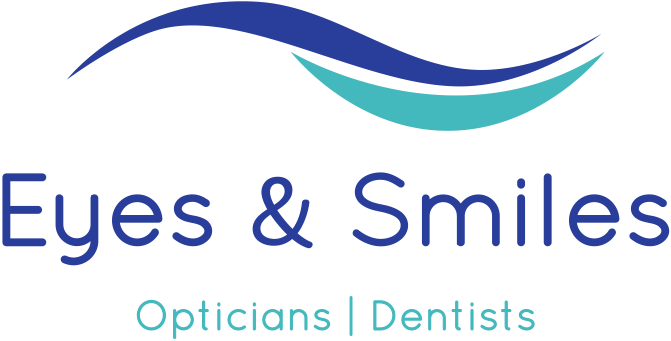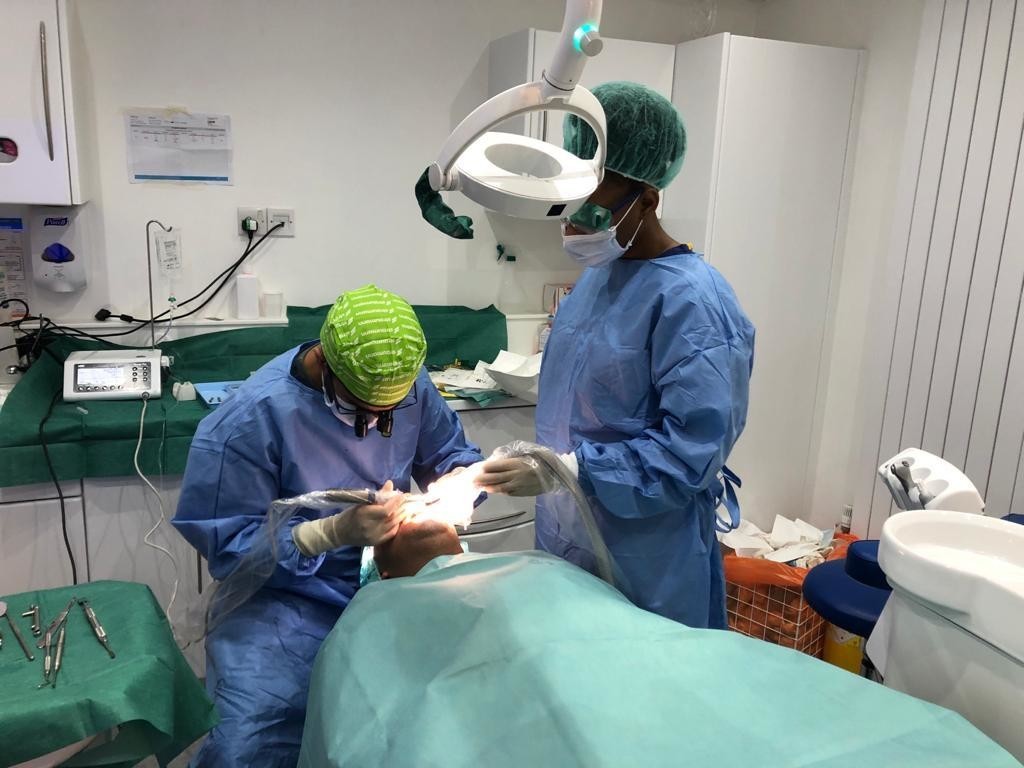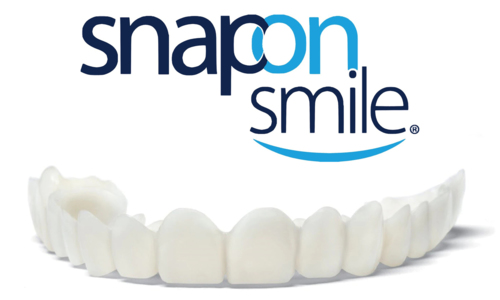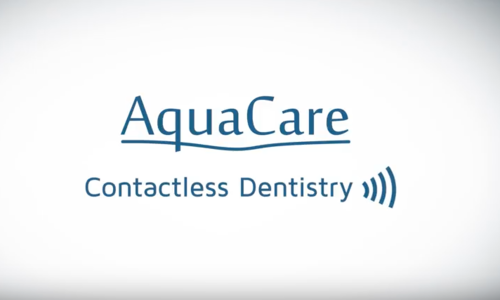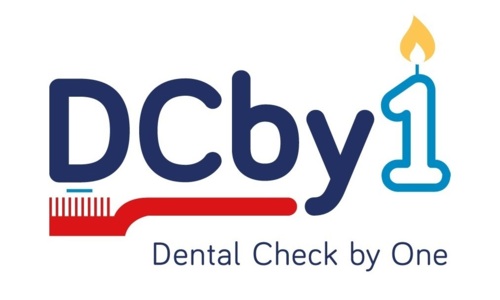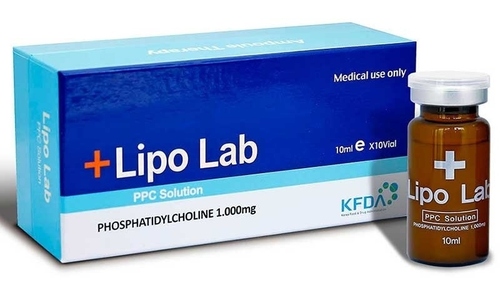Some of the Important Dental Implant Problems and Its Complications
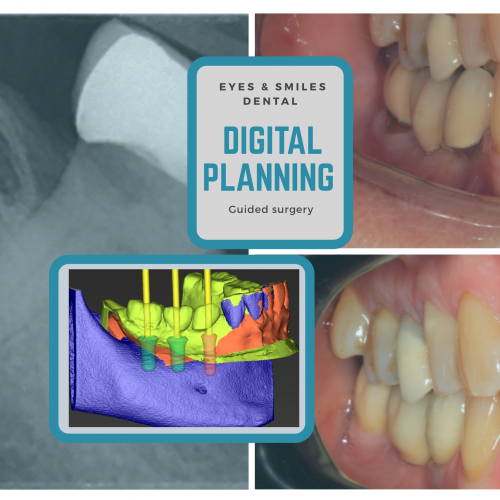
posted 14th April 2020
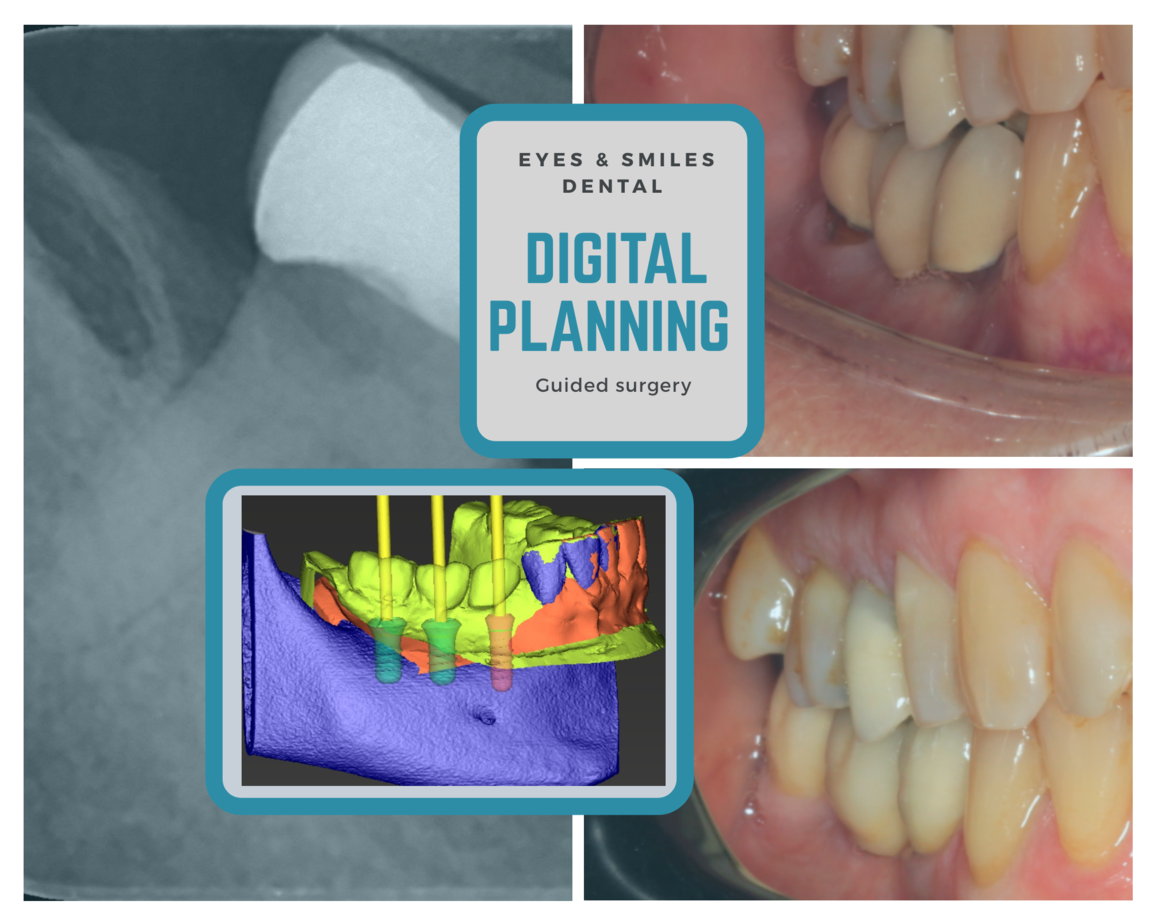
Dental Implant treatment is a popular teeth replacement option at Bounds Green Implant dentist Eyes & Smiles. In a nutshell it is a safe surgical process in which we can attach artificial teeth to the jawbone to cover up the gap between the teeth. Dental Implants in Barnet is very popular because of its potential of removing the need for dentures or other invasive options for missing teeth such as bridges. In most situations dental implants are a good option for the people who have lost their teeth due to several reasons. People are happy that they can carry on with life as normal without the embarrassment of missing teeth or wobbly dentures; and they are glad to be given back the function they once had.
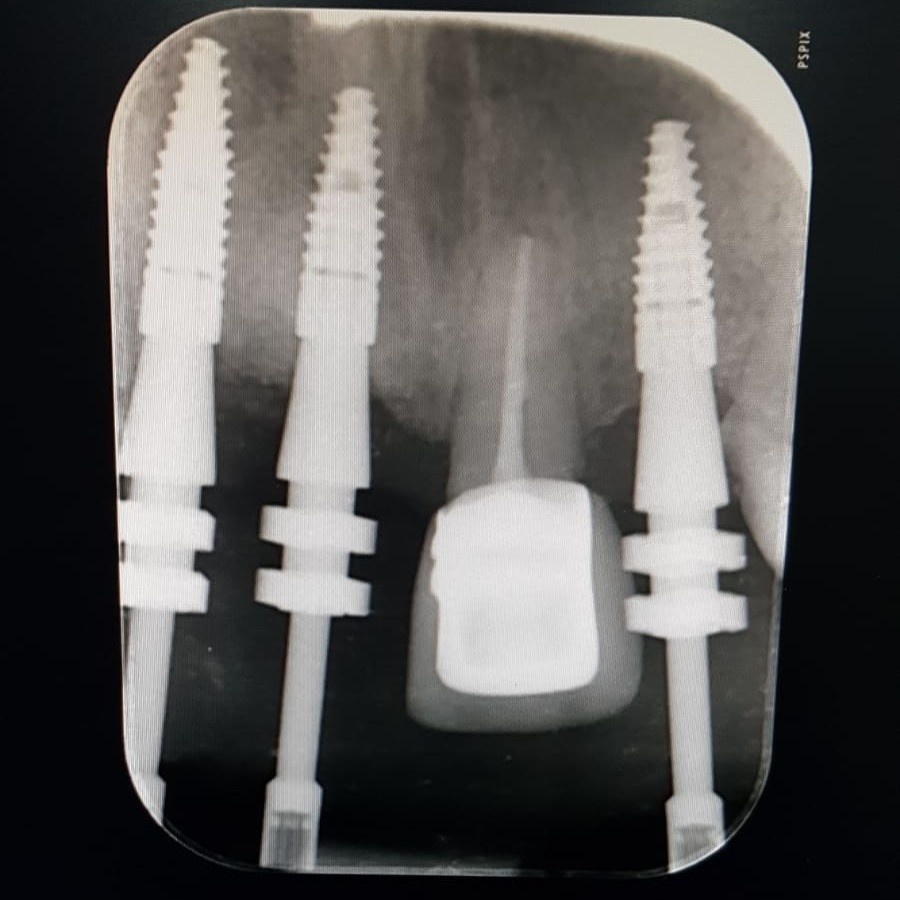
Common dental Implants problem
Dental implants do carry their own set of potential risks. According to the Friern Barnet Dentist and Weekend Dentist in Barnet, some of the dental problems which can arise after dental implants are infection of the area and sensation changes of the tissues. Sometimes, the jawbone does not accept the implant and it does not take. This may result in loosening, adjustment or re-treatment.
To minimise these risks New Southgate dentist Eyes & Smiles takes extreme care and precision during the planning phases before treatment, mapping out the ideal implant positions and utilising digital technology. We carry out implant surgery with aseptic techniques and follow evidence-based protocols
Factors that impact the surgery success rate
There can be numerous factors that increase the risk of having problems after dental implant surgery. Some of the most common factors are:
· Gum disease: Gum disease is one of the most significant issues which can affect the success rate of dental implants. Patients with gum disease are more likely to develop an infection. Even those who have suffered from gum disease in the past are at a higher risk of future complications. At Eyes & Smiles Finchley we, therefore, ensure gum disease has been treated and stabilized by both the dentist and the hygienist before embarking on implant surgery.
· Alcohol and smoking: Too much intake of alcohol and smoking can affect natural teeth as well as implants. According to the research, smokers have a dental implant failure rate of about 20% higher compared to non-smokers.
· Poor Hygiene: Poor dental hygiene after dental implants surgery also becomes one of the primary reasons for the failure of the surgery. The leftover foods in the teeth can develop harmful plaque bacteria, which can cause the implant gum areas to get inflamed. it is essential to clean and floss daily.
· Medical condition: Bounds Green dentist Eyes & Smiles considers certain medical conditions such as diabetes, which lower the immune response of the body, affect the healing potential, and can slow it down. It is essential to discuss in advance all health conditions you are aware of with your Eyes & Smiles dentist to ensure the safest possible outcome. In certain conditions, it is vital to leave a longer implant integration time under the gum before an artificial tooth is attached to it.
· Inexperience: It is essential to go ahead with a clinician you trust and know who has the required experience to carry out the procedure and know how to deal with any future complications. At Eyes & Smiles Southgate, we have a philosophy that we can always learn and improve in everything we do. Therefore we carry out implants surgery under the guidance and collaboration of colleagues and mentors.
For further information visit our Eyes & Smiles dental implant page here
Teeth Straightening in North London and Root canal treatment in North London is gaining popularity amongst the local area and beyond, and many people choose this clinic to get great, effective results. Do remember that although complex treatments such as dental implants show a high rate of success, treatment plans are always bespoke to the individual and require comprehensive planning. Therefore individual risks and adaptations of treatment are patient-specific and would be well-discussed when we see you.


